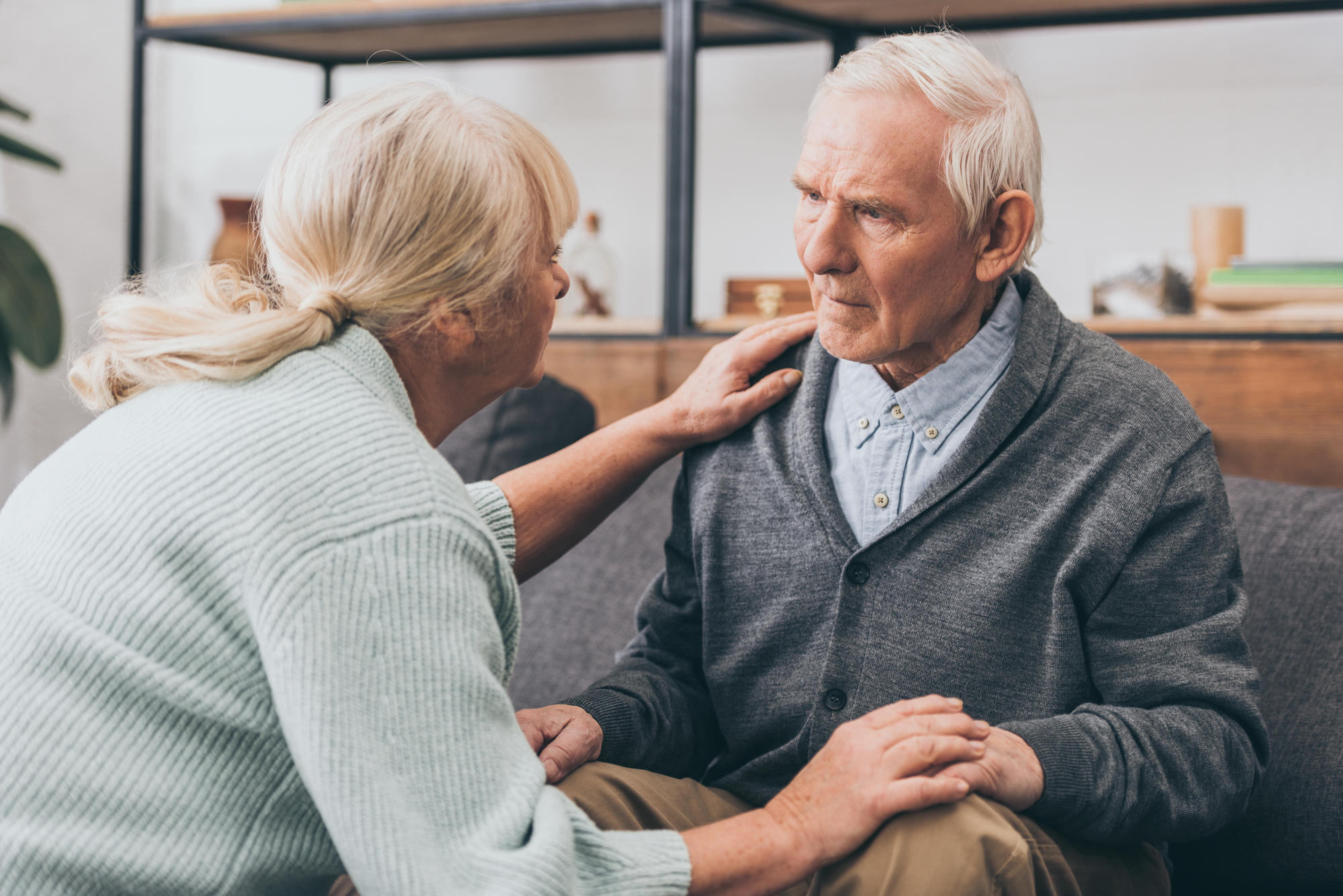
We’ve all forgotten someone’s name, misplaced our phone, or forgotten where we parked the car. But when do these little memory issues become signs of a bigger issue? June is Alzheimer’s and Brain Awareness Month, and after family members, primary-care physicians are often the first to notice the signs in a patient.
“This is a big topic, especially with our older population here in Florida,” says Millennium Physician Group Family Medicine Physician Ryan Baker, MD. “Most often, it’s not the patients themselves who bring up the issue to me, but it’s their spouse, family member, or caregiver who brings it up during an appointment.”
The first symptoms of Alzheimer’s disease tend to be memory, language, and thinking problems. These early symptoms can vary from person to person, but often include:
- Memory loss
- Poor judgment that leads to bad decisions
- Loss of spontaneity and sense of initiative
- Taking longer to complete normal daily tasks
- Repeating questions
- Trouble handling money and paying bills
- Wandering and getting lost
- Losing things or misplacing them in odd places
- Mood and personality changes
- Increased anxiety and/or aggression
Alzheimer’s is very rare before the age of 65, and advanced age is the most relevant risk factor for developing the disease. In fact, the incidence doubles in prevalence every year after the age of 65. Studiesindicate that people 65 and older survive an average of four to eight years after a diagnosis of Alzheimer’s, yet some live as long as 20 years.
“Any good primary-care provider is going to look for early signs of Alzheimer’s and screen for it,” explains Dr. Baker. “An annual memory screening is included in the no-cost, Medicare Annual Wellness Visit, and it is just one of the many reasons that regular check-ins with your doctor are so important. It’s a simple non-invasive screening done right in the office, but it lets me know what, if any, next steps need to be taken, like medications or referral to a specialist.”
Scheduling an Annual Wellness Visit is also a great opportunity for the spouse or caregiver of a person with Alzheimer’s to address their own healthcare. Caregivers have a tough role, and very often let their own physical and mental health needs go unaddressed.
“If you’re living with or caring for someone with Alzheimer’s, it’s so important that you take care of yourself as well,” advised Dr. Baker. “If you don’t take care of yourself, you can’t take care of your loved one.”
If you’re concerned about memory problems or other symptoms, call your doctor. If you or someone you know has recently been diagnosed, seek out trusted information from reliable sources, including the Alzheimer’s Association and the National Institutes of Health Alzheimer’s website.

 Your Safety is our Priority! Masks May Be Required at Millennium Offices.
Your Safety is our Priority! Masks May Be Required at Millennium Offices. 